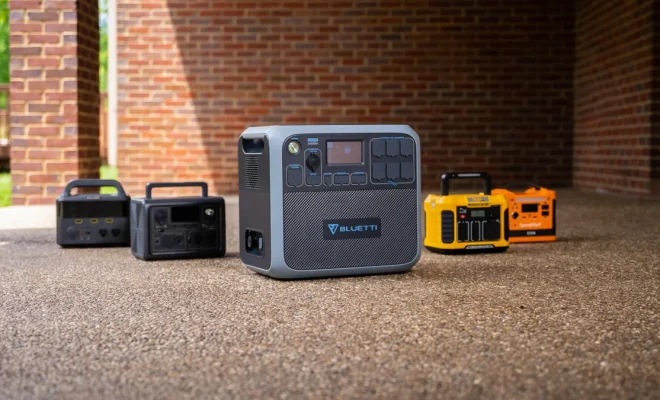Car Insurance Trailer: Everything You Need to Know

Car insurance is a topic many of us are familiar with, but what about trailers? If you own a trailer or plan on using one for your vehicle, it’s essential to understand how insurance works in this situation. This article will cover everything you need to know about car insurance for trailers, including the different types of coverage offered and tips for choosing the right policy.
Types of Trailer Insurance Coverage
1. Liability Coverage: This type of coverage is typically required by law and protects you from any injuries or property damage caused while towing your trailer. It covers damages that you are found legally responsible for.
2. Comprehensive Coverage: Comprehensive coverage provides protection from non-collision related events such as theft, fire, hail, or vandalism. If your trailer is damaged or destroyed by these events, comprehensive insurance can help cover the costs of repairs or replacement.
3. Collision Coverage: Collision coverage helps pay for damages to your trailer due to an accident, regardless of whether you’re at fault or not. If your trailer is damaged in a collision with another vehicle or object, collision coverage may cover the repairs or replace the trailer if it’s declared a total loss.
4. Contents Coverage: If you have valuable items inside your trailer, contents coverage can help protect them from theft and damage. This type of insurance is especially important if you’re using your trailer for recreational purposes like camping or if you’re transporting expensive equipment.
Tips for Choosing the Right Car Insurance Policy for Your Trailer
1. Determine Your Needs: Depending on how often you use your trailer and its purpose (e.g., work-related vs recreational), determine what type of coverage best suits your needs to avoid overpaying for unnecessary extras.
2. Compare Quotes: Research multiple insurance companies and request quotes from each one to find a policy that provides the best coverage at the most competitive price.
3. Look for Bundling Options: Some insurance providers may offer discounts if you bundle your trailer insurance with your existing car or home insurance policy.
4. Consider Trailer-specific Insurers: Certain insurance companies specialize in covering trailers and may offer better coverage options or more competitive pricing than general insurance providers.
5. Review the Fine Print: Always read through the fine print of any policy before committing to ensure you fully understand the coverage provided, exclusions, deductibles, and potential limitations.
In conclusion, knowing what to expect from car insurance when it comes to your trailer is essential for your peace of mind and financial protection. Familiarize yourself with the different types of coverage available, determine your specific needs, and compare quotes from multiple insurance providers to find the best policy for you and your trailer.





